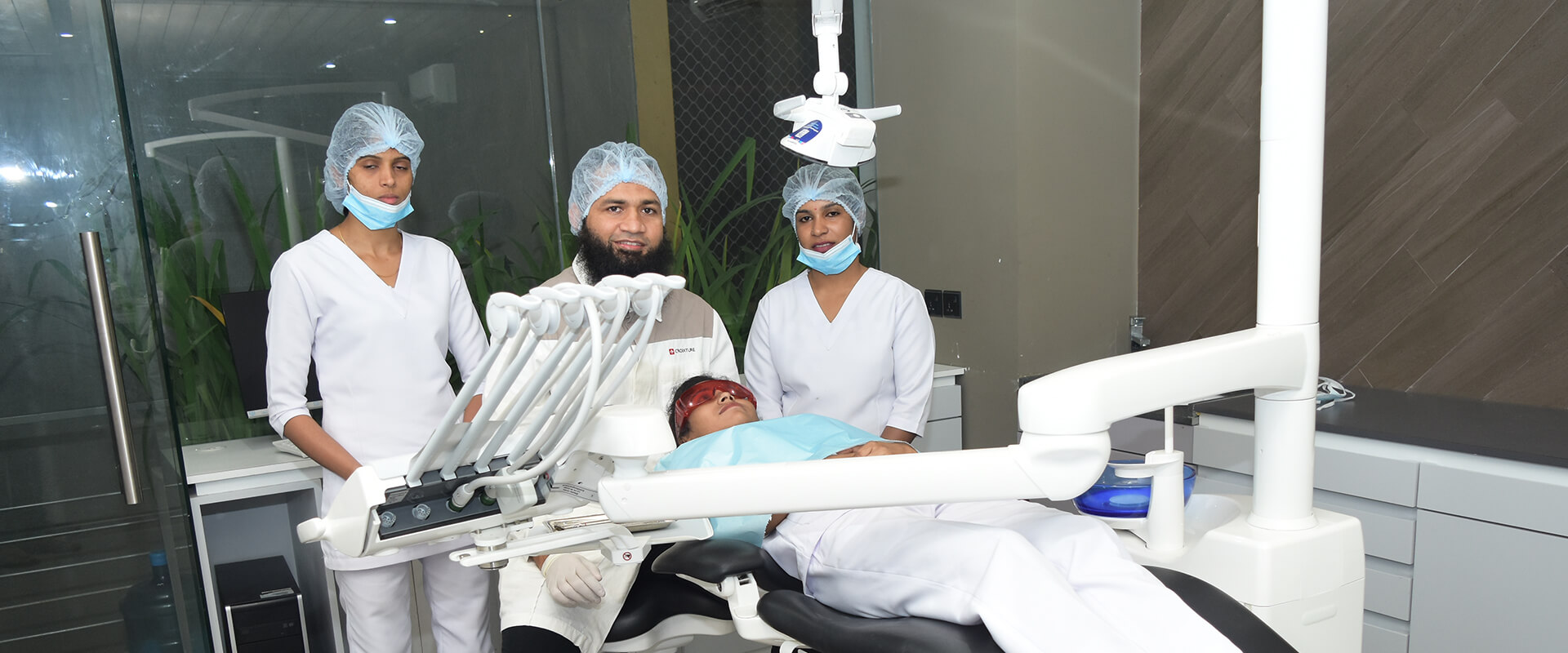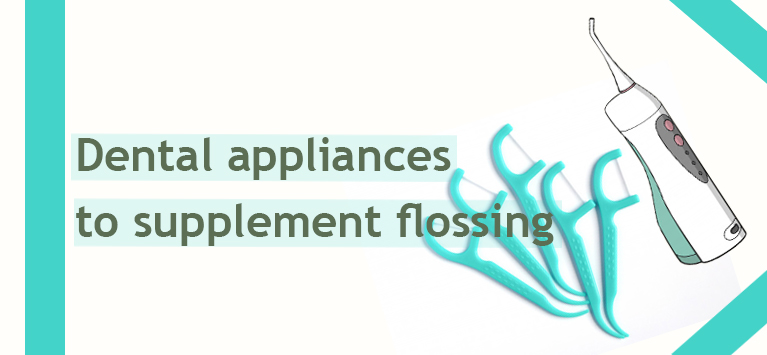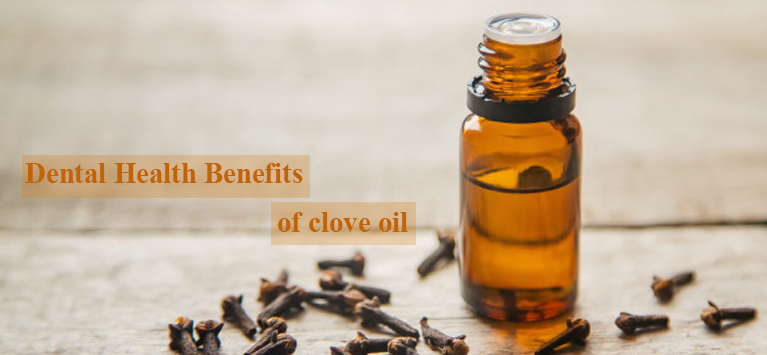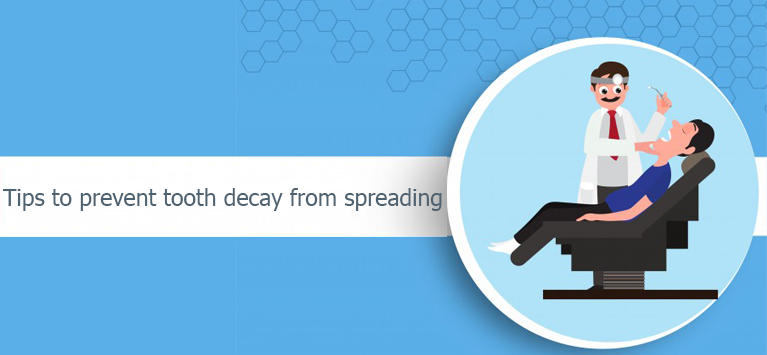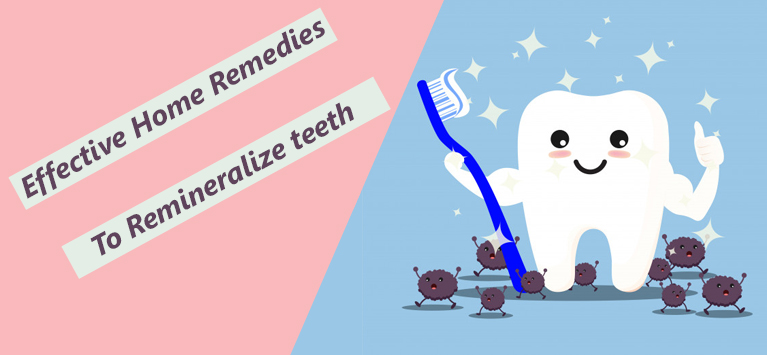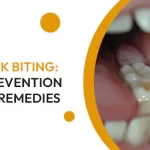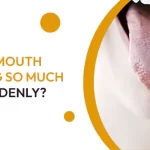Are you brushing your teeth regularly?
Surely most answer will be yes
Are you brushing your teeth twice a day?
Now the answer will turn into 50% Yes – 50% No
Are you flossing your teeth at least once a day regularly?
Definitely, the answer will not even touch 50% of yes.
You may think flossing takes more time and cause pain, but its benefits are great and unbelievable.
Dentists encourage adding flossing habits in their daily dental care routines. Here are some dental appliances that replace the traditional flossing method.
Soft picks
These are disposable type toothpicks made up of synthetic rubber. Their bristles are soft that gently remove dislodge the food, plaque, and massage gums. The handle is round-shaped, which helps to reach the back of your mouth as well as sides.
This is very difficult when you just use a toothbrush to clean your teeth. This appliance is great for those who undergo orthodontic treatment and easy to use with bridges and implants.
Floss picks
These P shaped plastic toothpicks that are now replacing those wooden toothpicks are also known as flosser picks. They are now popular and mostly replaced traditional flossing methods. Floss picks are very effective in removing food debris and plaque in between the teeth and very easy to use.
Their tail end is thin and acts as a toothpick, and on the other end, it is bow-shaped with thread attached. They are very easy to handle and saves a lot of time when compared to the traditional method of flossing.
Air flossers
Air flossers consist of soft tips that produce micro-droplets of liquid and air to clean teeth and gums. They are a bit larger than a normal electric toothbrush, and they travel easily too. Many people like its slim design and these modern air flossers are nowadays are very effective in removing plaques gently.
Oral irrigators
Oral irrigators are one of the best flossing supplements trending now. They look similar to air flossers and are a very effective one. They come with different types of attachable tips, and you can choose the better one that suits you. Simply water is filled in the reservoir and attached to the base.
Then the required tip is attached to the handle and pressure is set to clean the plaques in between the teeth and gums. Nowadays, like air flossers, oral irrigators are also very effective in removing plaques, and they have the tendency to remove up to 99% of plaques.
Benefits of flossing
-Flossing helps in maintaining proper oral hygiene, and it is one of the best preventive oral care.
-Protects your teeth from staining due to plaque and tartar buildup
-Eliminates bad breath
-It is more effective in maintaining oral hygiene than brushing alone.
-The key factor is, it prevents gum disease.





